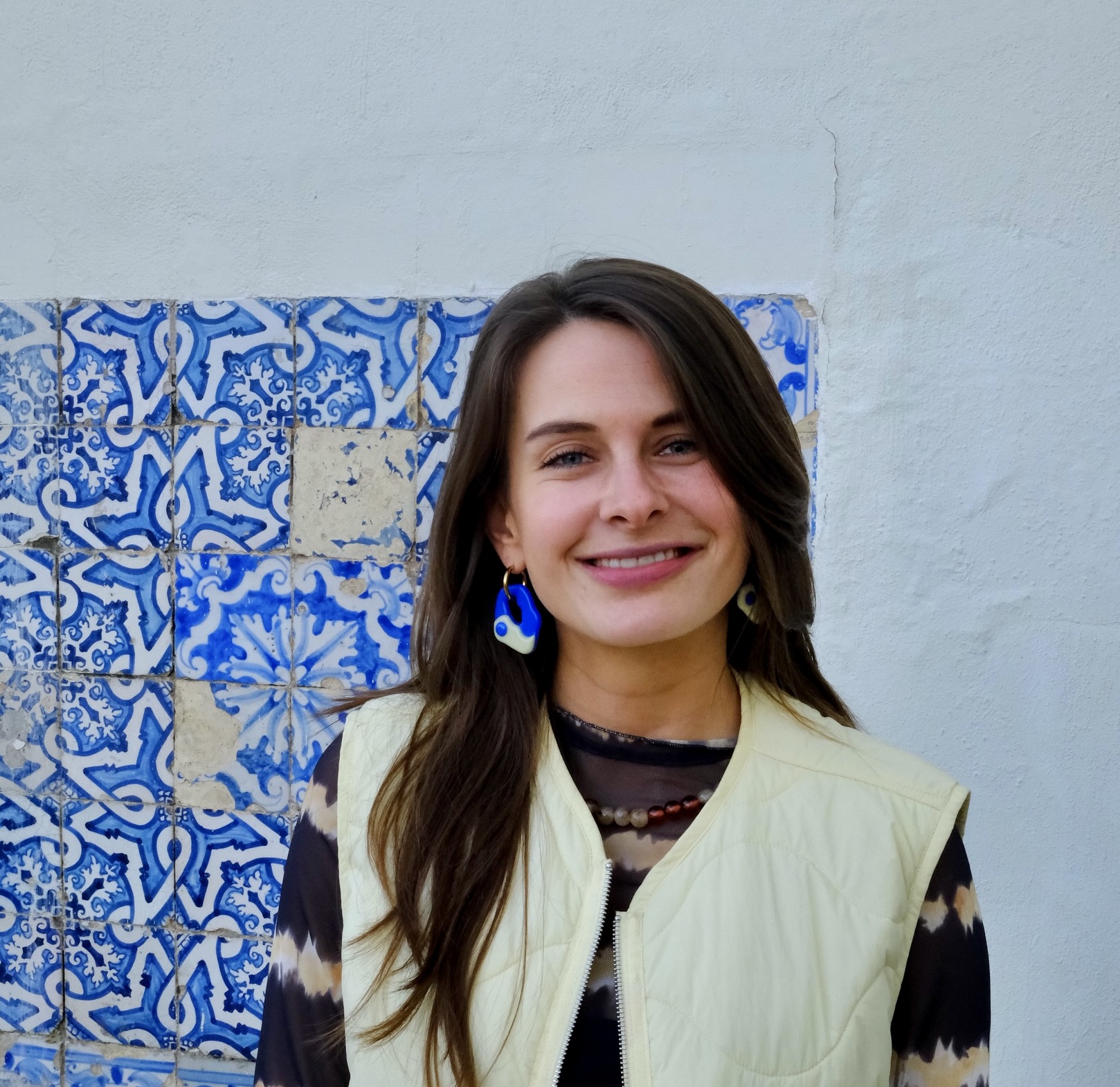Reclaiming the Night: Emiko Gejic on Club Culture as Political Power
What if club culture wasn’t just about nightlife, but about reclaiming the city as a democratic space? In Berlin, Emiko Geijc weaves together cultural activism, grassroots organizing, and political advocacy to protect and reimagine nightlife as a vital part of urban democracy.
.png)

Reclaiming the Night: Emiko Gejic on Club Culture as Political Power
What if club culture wasn’t just about nightlife, but about reclaiming the city as a democratic space? In Berlin, Emiko Geijc weaves together cultural activism, grassroots organizing, and political advocacy to protect and reimagine nightlife as a vital part of urban democracy.


What if club culture wasn’t just about nightlife, but about reclaiming the city as a democratic space? In Berlin, Emiko Geijc weaves together cultural activism, grassroots organizing, and political advocacy to protect and reimagine nightlife as a vital part of urban democracy. As executive board member and spokesperson for the Berlin Club Commission, Managing Director of Urbane Praxis e.V. and founder of Berlinsidestories, Emiko advocates for club cultural spaces as places of resistance, collective urban development, cultural activations and solidarity.

Nightlife as resistance
Raised in a radical, diverse Berlin, Emiko came of age in a city known for its squats, subcultures, and fluid politics. “Berlin’s club scene has always been very political,” she explains. “These are spaces that were created out of empty urban landscapes - squatted, transformed, and shaped by creative communities.” But gentrification, commercialization, and rising rents have threatened that legacy. “It’s not just about losing party venues,” Emiko says. “We’re losing safer spaces for queer, migrant, and activist communities. Where people can come together and express themselves and connect in a way that is mostly not possible elsewhere.”
Through her role at the Club Commission, she fights to have clubs recognized not as leisure and entertainment businesses, but as cultural sites. “Legally, clubs have the lowest status in urban law. That means they can be evicted much easier,” she explains. “We’re trying to change that and fight for political recognition.”
Showing impact: hard numbers
The Berlin Club Commission - representing over 350 members - is unique in the world. It not only lobbies politicians, but also collects data, advises on safer space policies, and even hosts an annual Day of Club Culture to honor grassroots innovation and outstanding contribution to the cultural landscape. “We work across sectors: with policymakers, artists and collectives, with local initiatives, institutions, with international media,” Emiko says.
Their strategy? Prove the impact of nightlife, economically, socially and culturally. “If we want political recognition, we need to show our numbers,” she explains. “How many jobs are being created in nightlife, what is the yearly turnover, how many visitors come to the city because of the club scene, but also what is the mental health impact on nightlife workers.” Recent reports from the Commission have tackled topics like anti-discrimination, workplace safety, and awareness teams inside clubs. “Nightlife isn’t separate from society,” Emiko adds. “It reflects it. And it can also be a leading force for progressive change.”
Safety, solidarity, and the scene
To Emiko, diversity isn’t a checkbox, it’s a key to societal change and should be an integral part of any organizational form. “Not every club needs to be for everyone. But every community needs a space,” she says. “Queer collectives, migrant-run venues: they all serve different functions, and all deserve protection.”
Still, she’s worried. “Germany is shifting to the right. Solidarity movements, particularly Palestine solidarity activism, are criminalized, censored and defunded. People are at risk of being deported for their activism or identity. Some cultural spaces were being shut down.” Many friends and colleagues have left the country. “The trust in the institutions and politics is just broken,” she says plainly. “But in the scene many are still fighting,” she says. “We are working at the intersection between politics and the free art scene, which is incredibly challenging. As I believe in grassroots movements I still have hope for solidarity and the power of collaboration. There are many good people doing amazing and important work that is worth supporting. And even when politics fail, people still come together to dance, to move, to organize and exchange. That’s powerful.”
.png)
.png)
Advice for those elsewhere
Her advice for other cities trying to protect their nightlife scenes: start with connection. “Find your shared struggle and build networks. Collect data. Tell your stories. Get people in positions of power to listen. Build alliances. And most important - use your privilege. We all have some resources, networks, outreach, visibility or whatever we can use and share with those in need. Take in those who are threatened and share your space, your platform or your power. This is what I would call impact.”
.jpg)

.webp)

